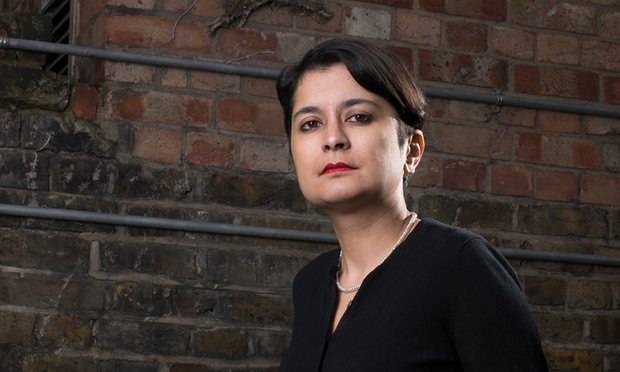

Yasmin Khan
Writer, Consultant and Museum Pro
UK
Exploring the intersections between science, art & cultural heritage
Yasmin Khan
Writer, Consultant and Museum Pro
UK
Exploring the intersections between science, art & cultural heritage















Generating fresh insights and erudite commentary on emerging trends across the cultural sector.